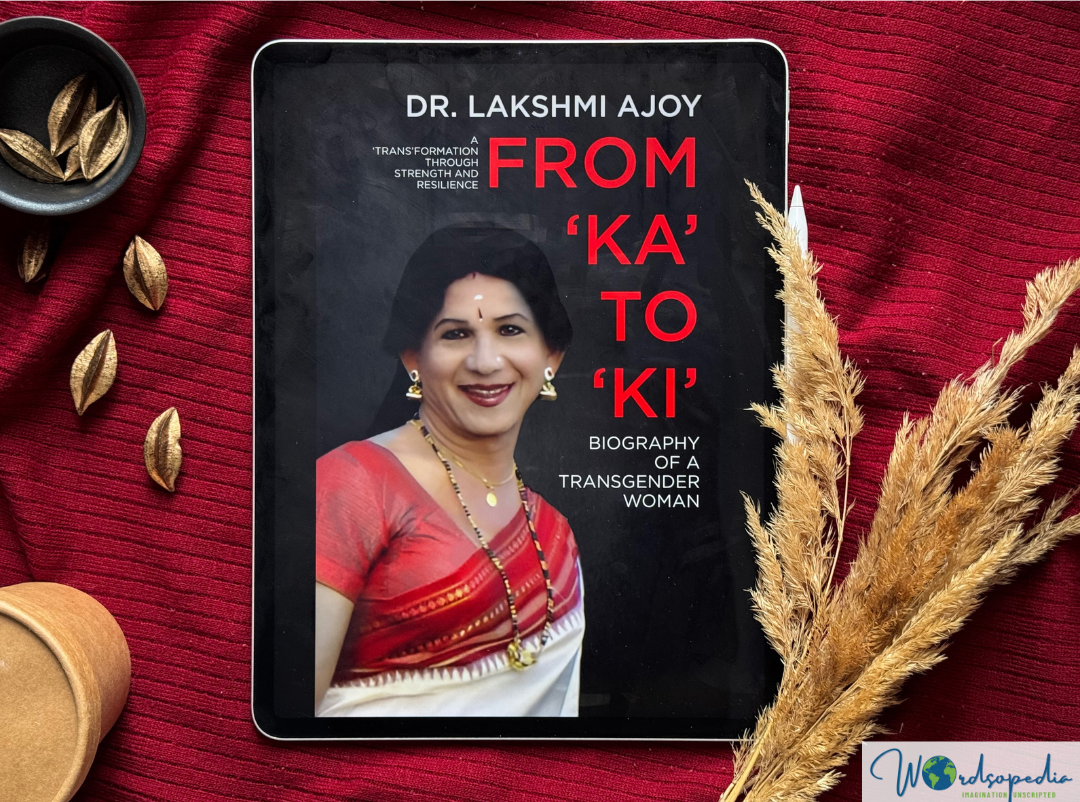Dr. Lakshmi Ajoy’s biography From ‘Ka’ to ‘Ki’: Biography of a Transgender Woman–A ‘Trans’formation Through Strength and Resilience, offers a raw, unflinching portrayal of Deepika’s journey. The story is simultaneously heartbreaking and inspiring.
The narrative powerfully documents Deepak’s childhood struggles in a patriarchal household in Kerala, where he found solace in activities considered feminine–playing with dolls and helping in the kitchen–rather than engaging in traditionally masculine pursuits with male relatives. As Deepak matures, his internal conflict intensifies, creating a profound sense of isolation. His sister emerges as a crucial ally, providing unwavering support through countless hardships.
Deepak’s path is marked by relentless adversity: taunts, mockery, exploitation, a forced marriage, and betrayal by trusted individuals. Yet his resilience shines through as he refuses to surrender to these circumstances, eventually embracing his true identity as Deepika.
Reading this biography was emotionally overwhelming. The sheer magnitude of challenges and atrocities Deepika faced left me shocked and heartbroken, while her strength in confronting them commanded my admiration.
Having followed Lakshmi’s work across various platforms, I approached this book with high expectations. Unfortunately, the execution falls short of the powerful story it seeks to tell.
With more rigorous editing, this biography could have done greater justice to its remarkable subject.
The narrative suffers from inconsistencies that undermine its authenticity. Family members are referred to inconsistently, alternating between South Indian terms like Amma and Akka and North Indian terms like Bhabhi, Chachi, and Jiju without clear rationale. In one instance, chachi inexplicably becomes chitti.
The cultural dissonance extends to the dialogue as well. In one particularly jarring instance, a conversation about gender transition appears in Hindi, which feels entirely out of place for a narrative centered on a Kerala-based Iyer family. If this dialogue was delivered in Tamil or Malayalam, it would have been far more appropriate and authentic.
More concerning are the contradictions within the narrative itself. In Chapter 15, Ponna Aunty is introduced as “Amma’s genuine friend,” only to be described as merely “Amma’s close acquaintance” on the following page. I felt such inconsistencies compromise the story’s credibility.
The text also suffers from unnecessary repetition. Rather than developing new insights or adding depth to Deepika’s experience, the narrative explores already shared information. This redundancy dulls the impact of what should be a powerful narrative.
Despite its inconsistencies, From ‘Ka’ to ‘Ki’ is a compelling read for those seeking an unfiltered look at resilience, identity, and the challenges faced by transgender individuals in India.
Wordsopedia Rating 2.45/5

